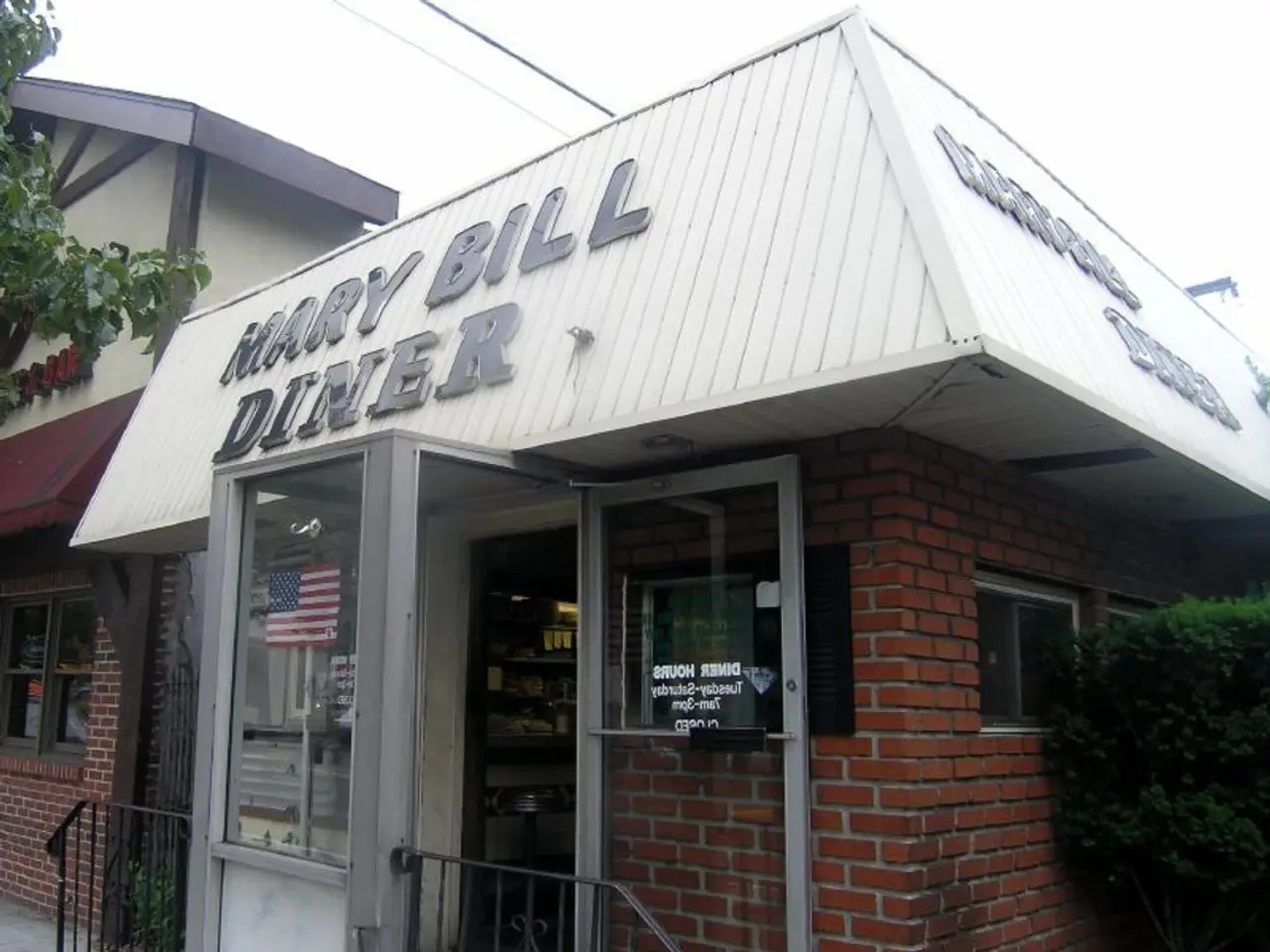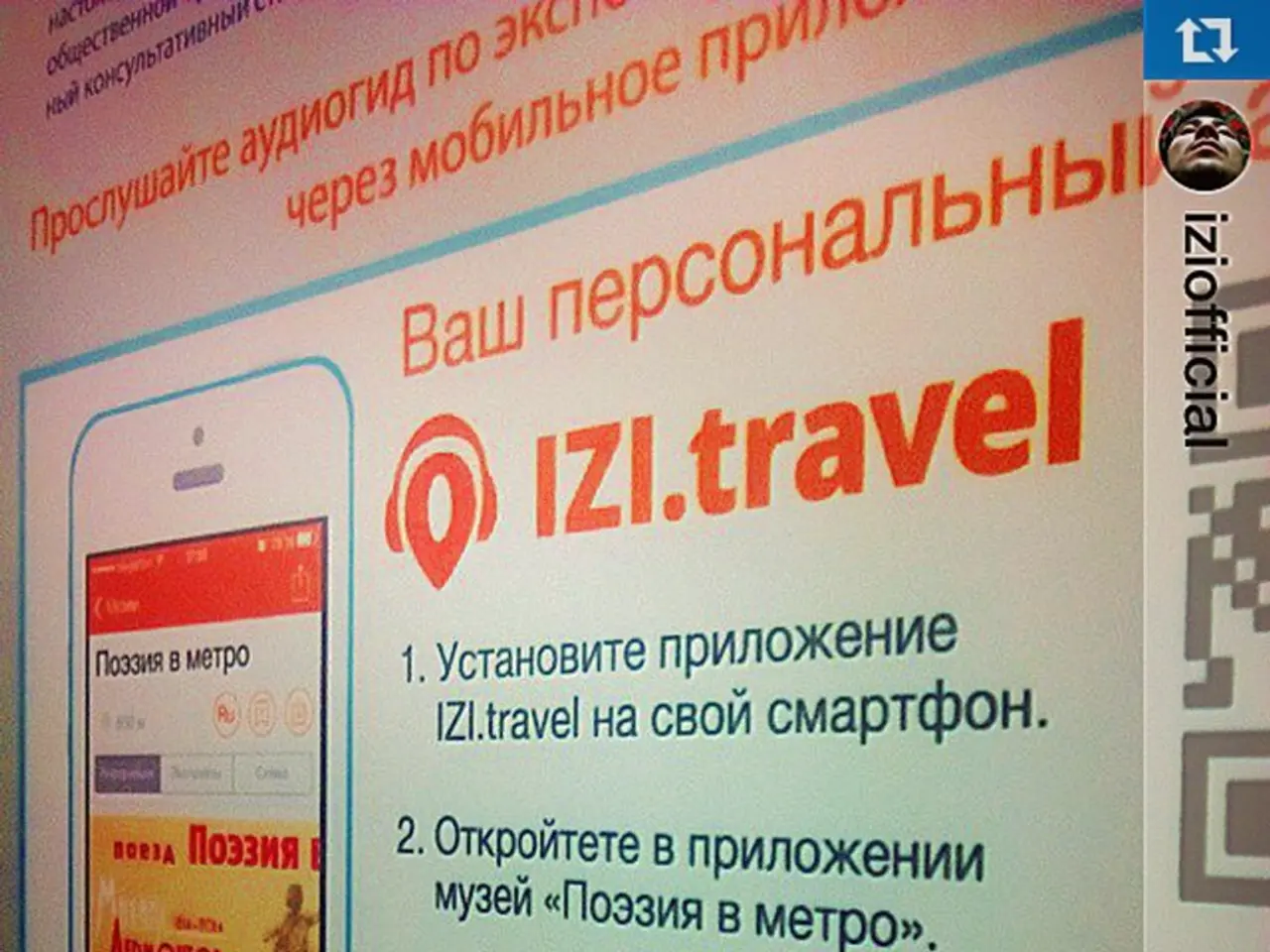Going Green: Sifting Through the Sea of Green Energy Tariffs in Germany
Uncovering Authentic Green Tax Incentives: A Guide
If you're seriously considering switching to green energy, be warned: not all 'green' tariffs are genuinely dedicated to renewable energy sources. To avoid getting pigeonholed into an environmentally unfriendly contract, heed this guide and avoid being duped by misleading advertising.
To find your genuine green energy provider in Germany, Consumer Advice Centers suggest focusing on:
- 100% Renewable Energy: Your provider should source electricity exclusively from clean, renewable sources such as solar, wind, hydro, or biomass. Original certificates will typically be presented to verify this commitment.
- Promotion of Renewables Expansion: Reputable green energy providers are actively advocating and funding efforts to escalate the use of renewable energy in Germany.
- Independence from Traditional Energy Producers: Accurate green energy providers should be self-sufficient from conventional electricity producers to avoid conflicting interests.
For consumers hesitant to investigate the details, the hunt can be narrowed down by looking for labels and seals. Reputable green energy labels apply to individual tariffs or providers, guaranteeing a minimum contribution to the energy transition and proclaiming a commitment to exclude nuclear, new coal, and lignite power plants from their operations.
Does Switching Make a Difference?
Despite switching providers to sign up for real green energy, you can't directly influence which green energy arrives through your power socket. The electricity usually comes from the nearest power plant, regardless of its sustainability. However, by actively seeking providers committed to increasing renewable energy, you can indirectly support the transition to a greener tomorrow.
Research by Co2-Online reveals that green energy can often be cheaper than the local standard provider. For instance, a four-person household in a single-family home might save between €50 and €350 annually on an average electricity consumption of 3,800 kilowatt-hours (kWh) when choosing a genuinely green energy provider.
In Closing
Transparency, transparency, transparency! That's the mantra when searching for a reliable green energy tariff in Germany. Demand original certificates, scrutinize pricing structures, investigate environmental impact assessments, and verify claims through independent third-party entities. In doing so, you can make a real difference in the fight against climate change and dodge any greenwashing attempts.
Source: ntv.de, awi/dpa
Germany, Energy Saving, Energy Price, Power Grid, Consumer, Energy Supplier, Energy Industry, Consumer Advocacy Centers, Green Energy, Renewable Energy.
- According to the Community Policy on Energy, it's crucial for employment policies in the science and industry sectors to prioritize the expansion of environmental-science and renewable energy industries, thereby creating jobs that align with the country's sustainability goals.
- As per the employment policy in finance, it's essential to offer incentives and programs that encourage investment in energy companies specializing in green energy production and distribution.
- Considering the environmental implications, it's important for the employment policy in industry to focus on reducing carbon emissions, implementing energy-efficient practices, and promoting the use of clean, renewable energy sources in industrial operations.




